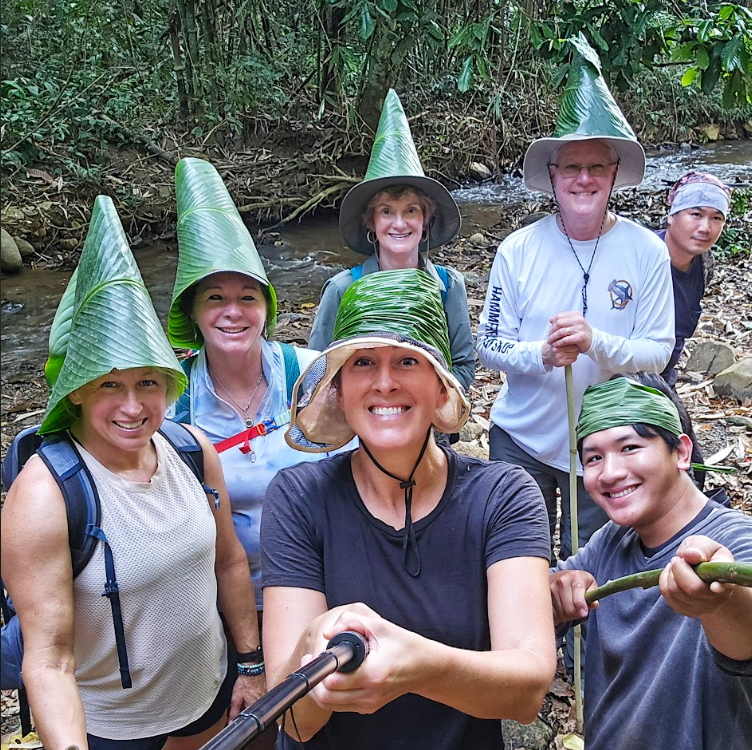Spiritual Journeys – Insights from France
- Sally Bassett
- Jun 30, 2025
- 3 min read

Spiritual journeys often leave an imprint far deeper than any ordinary vacation. Seeing Machu Picchu for the first time, standing on the banks of Mother Ganga in Rishikesh, or arriving at St. James Cathedral after walking the Camino de Santiago—these experiences don’t just take your breath away, they wake something up inside you. There’s profound beauty in connecting with nature, history, and the sacred through travel. It grounds you. It lifts you.
However, a spiritual journey is not just about famous landmarks. Different cultures around the world have unique ways of expressing their spirituality, and by traveling, we get the privilege to learn from them. Whether it’s through religious customs, rituals, or philosophies, each interaction adds a layer of understanding and compassion—and significantly expands your worldview.
Over the past few years, I’ve had the honor of participating in cacao ceremonies in Costa Rica and Guatemala, immersing in ancient traditions rooted in heart-opening intention. I’ve come to understand and appreciate the ritual of praying five times a day in Morocco, a beautiful rhythm of reverence woven into daily life. I’ve sat quietly with monks during mass at the Abbey of Gethsemani in Kentucky, and I’ve spent time meditating in ashrams in both India and France. Each experience, however different on the surface, has brought me closer to something universal.
What Is a Spiritual Journey?
A spiritual journey is the process of going on a quest—internally and externally—to gain a deeper understanding of yourself, your beliefs, and how you relate to the Divine, to others, and to the world. Like yoga, it is both inward and outward. Sometimes it happens in stillness. Sometimes it happens while climbing mountains or walking unfamiliar streets. Either way, it’s about connection.
Recently, I felt that connection deeply while visiting Mont Saint Michel.
Perched off the coast of Normandy, this medieval abbey has stood for over a thousand years, defying time and tide. It was built in the 8th century after Aubert, the bishop of Avranches, received a vision in which Archangel Michael urged him to construct a sanctuary on the rocky island. Today, the abbey is crowned by a gilded statue of Michael slaying a dragon—symbolizing the eternal triumph of good over evil.
I hiked up and down its steep steps and stone streets, then wandered beyond, following trails that stretched into the French countryside. With every turn, every view, I found myself smiling—wide and without effort. There was something indescribably peaceful about being there, especially in the early morning and late evening, when the tides returned and the island emptied out. Since 99% of visitors come only for the day, it becomes almost silent at night. Fewer than 25 people live there full time.
In that stillness, I felt it: proof of something sacred.
But not all sacred places are joyful. Some carry deep grief. On the other side of the spiritual coin are places that haunt and humble the soul—where the lessons are heavy but necessary. Visiting Auschwitz Concentration Camp in Poland and the Killing Fields in Cambodia, where thousands perished, offered sobering moments of reflection. These are not just historical sites; they are soul markers. They remind us of what must never be repeated, and they deepen our compassion and commitment to peace.
May our future know peace—starting within. And may you, too, experience your own “Eat, Pray, Love” kind of journey: one of personal exploration, healing, and connection.
Namaste.
Sally Bassett









Comments